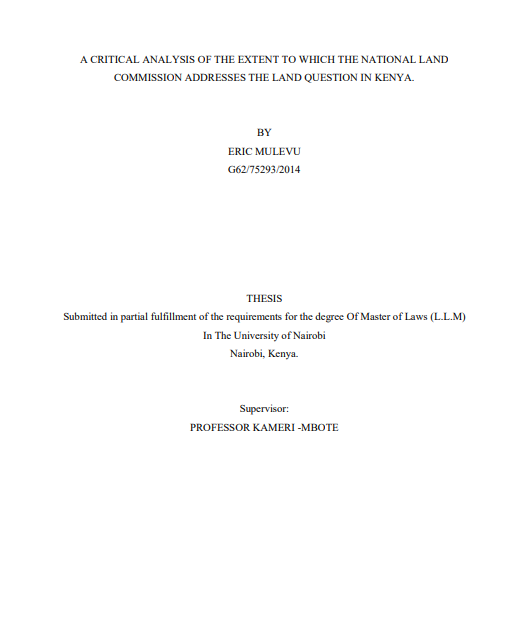Land Rights and Enclosures: Implementing the Mozambican Land Law in Practice
Includes key features of current land policy, land law implementation – recording local rights, registering customarily held rights, knowing your rights, the public sector response, private sector and other non-customary land rights, historical land units, land concentration, benefits to local people – community consultations, the positive side of the picture.


